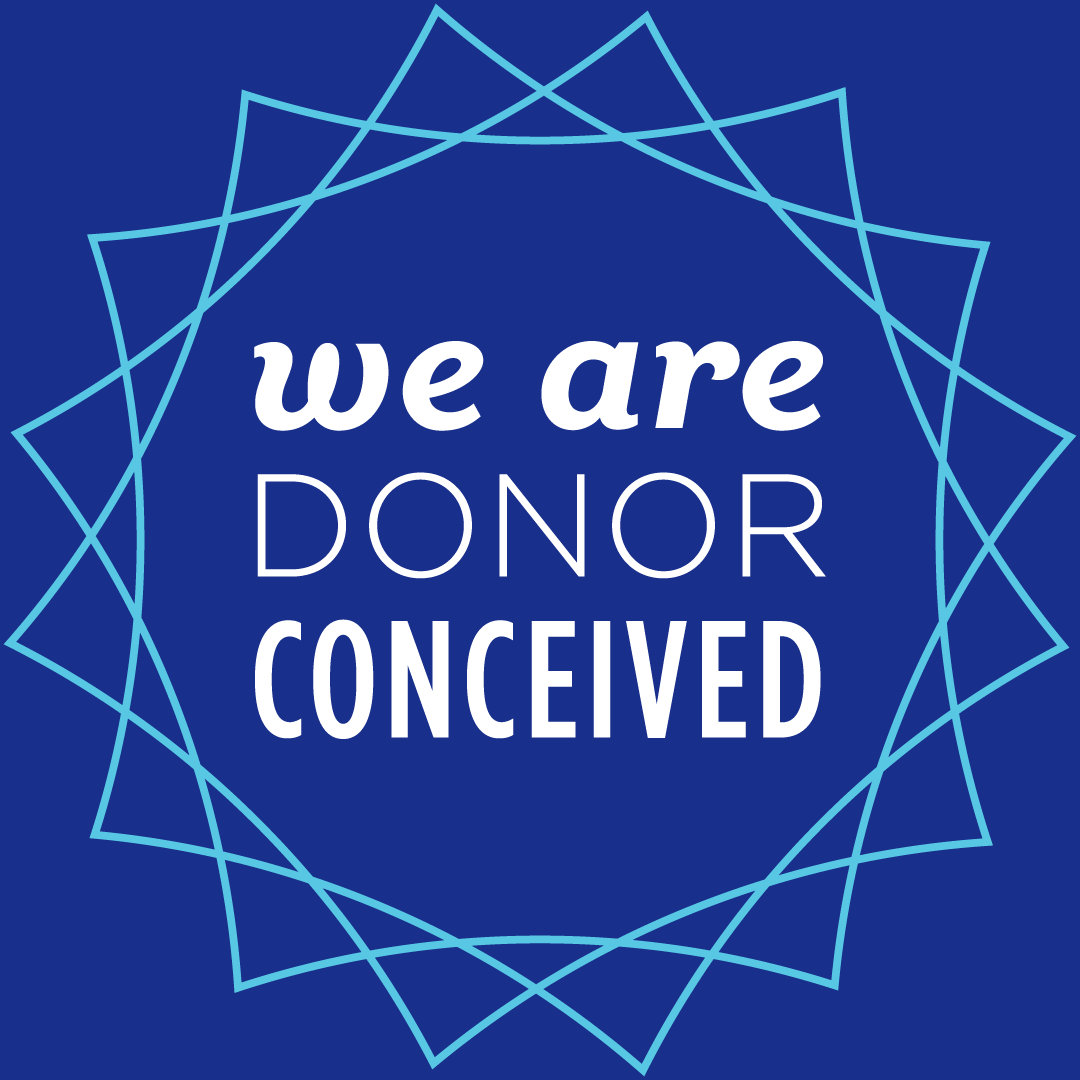By Tiffany Gardner
The following post was originally published in issue #3 of the We Are Donor Conceived magazine. Pre-orders ship Monday March 7. Get your copy here.
Regardless of how they were conceived, people have different levels of interest in knowing their genetic family and identity.
Some people are curious about their ancestry and family history; others are not. A person’s method of conception does not dictate these interests, but it can result in roadblocks that make accessing fundamental information difficult or impossible. For people conceived via anonymous sperm, egg, and embryo donations, this means lacking what others take for granted: knowing the identity of our genetic parents.
As with other ancestral information, donor conceived people want to know the identity of their absent genetic parent(s) to varying degrees. Some have a burning desire to know everything about who they are and where they come from, while others are content with the information on a donor profile.
The motivations for wanting this information vary. Setting aside the obvious need for complete and current family medical history, there is also the matter of genetic mirroring and genuine curiosity. It is natural to wonder where specific traits, physical features, and attributes come from, especially when those pieces of our identity are not reflected in our social family.
Remember the story of The Ugly Duckling? He hatches amongst brothers and sisters who share none of his traits, and endures much anguish trying to understand where he fits in. At the story’s climax, he is welcomed into a flock of swans, and upon seeing his own reflection, realizes he was never a duckling, but a swan all along.
This metaphor easily translates to the donor conceived experience. Seeing otherwise anomalous portions of our individuality reflected in others is gratifying and allows us to accept parts of ourselves that might have been misunderstood within our social family or appeared incongruent when we looked in a mirror.
From inherited diseases, unique facial features or body types, penchants for particular activities or subjects, and even physical mannerisms, donor conceived people may not feel they fully know or understand their true selves until they see their reflection in genetic family members. While the parents who raise us certainly have the most direct impact on our lives, the importance of genetic connection should not be dismissed or diminished.
Donor conceived people have situation-specific reasons for wanting to identify their absent genetic parent. Some want to know how many donations were made and thus how many siblings potentially exist. A donor’s motivations are also of interest. Donor conceived people often want to know why the donations were made and whether the sperm or egg provider ever thought about their potential genetic children. Others believe knowing their genetic parent’s identity is a human right, and having access to this information is necessary for their mental health.
In the end, asking why a donor conceived person would want to know the identity of their unknown genetic parent is as absurd as asking someone why they want to have a genetically related child. No matter the reason, a donor conceived person’s feelings of curiosity are real and valid. We deserve answers over anonymity.
Tiffany is an attorney who lives with her husband and three young sons in the suburbs of Atlanta. She is vice president of communications for U.S. Donor Conceived Council and shares her perspective as a late-discovery donor conceived person on Instagram (tiff_dc_adult) and Facebook (outoftheshadowsdc).

